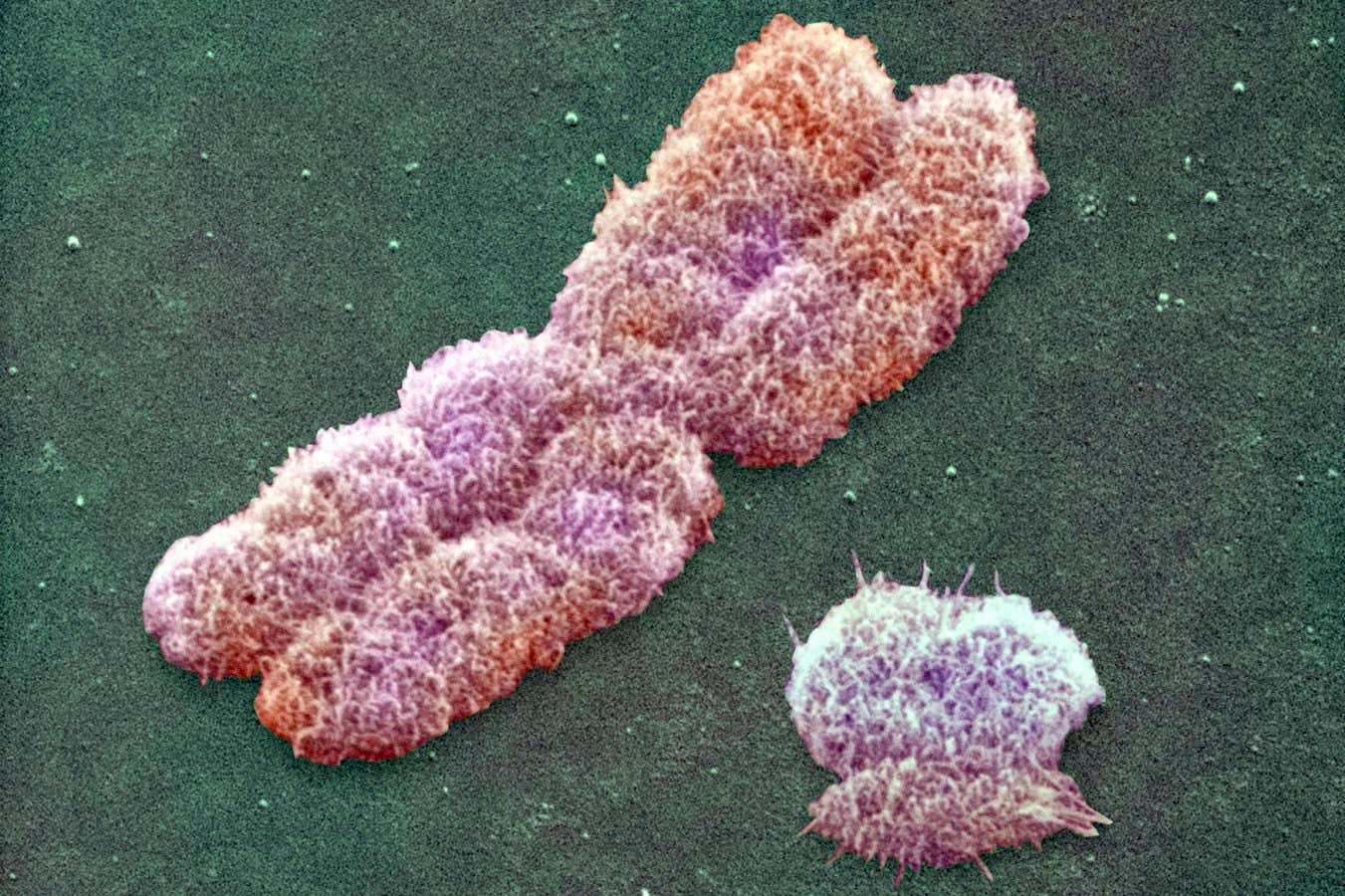With Health Ministry okay, Tel Aviv University prof will perform surgery that will mark the first time pieces of spine are engineered from human cells and then transplanted
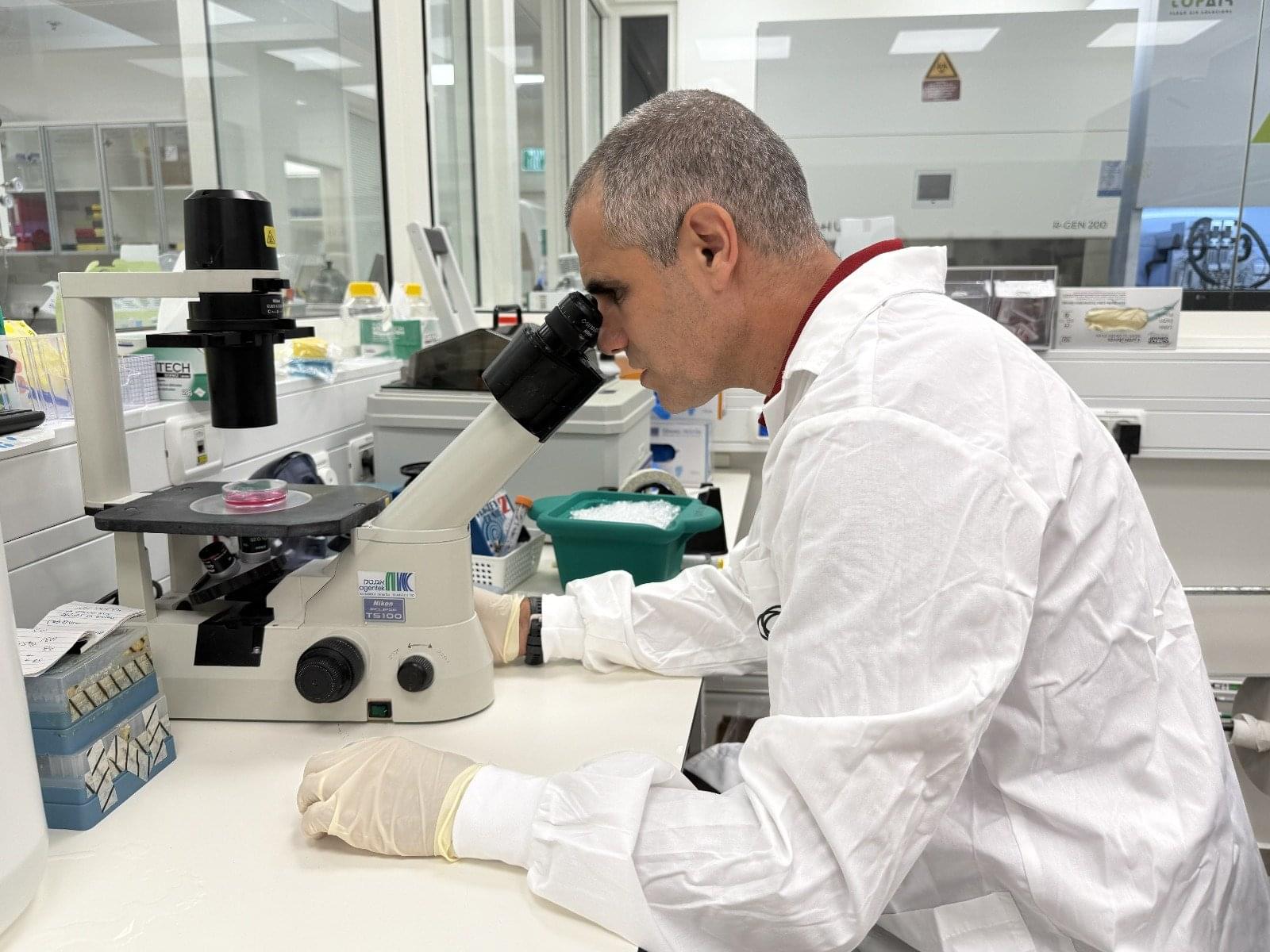


A new study finds that a high-salt diet triggers brain inflammation that drives up blood pressure. The research, led by McGill University scientist Masha Prager-Khoutorsky in collaboration with an interdisciplinary team at McGill and the Research Institute of the McGill University Health Center, suggests the brain may be a missing link in certain forms of high blood pressure—or hypertension—traditionally attributed to the kidneys.
“This is new evidence that high blood pressure can originate in the brain, opening the door for developing treatments that act on the brain,” said Prager-Khoutorsky, associate professor in McGill’s Department of Physiology.
Hypertension affects two-thirds of people over 60 and contributes to 10 million deaths worldwide each year. Often symptomless, the condition increases the risk of heart disease, stroke and other serious health problems.
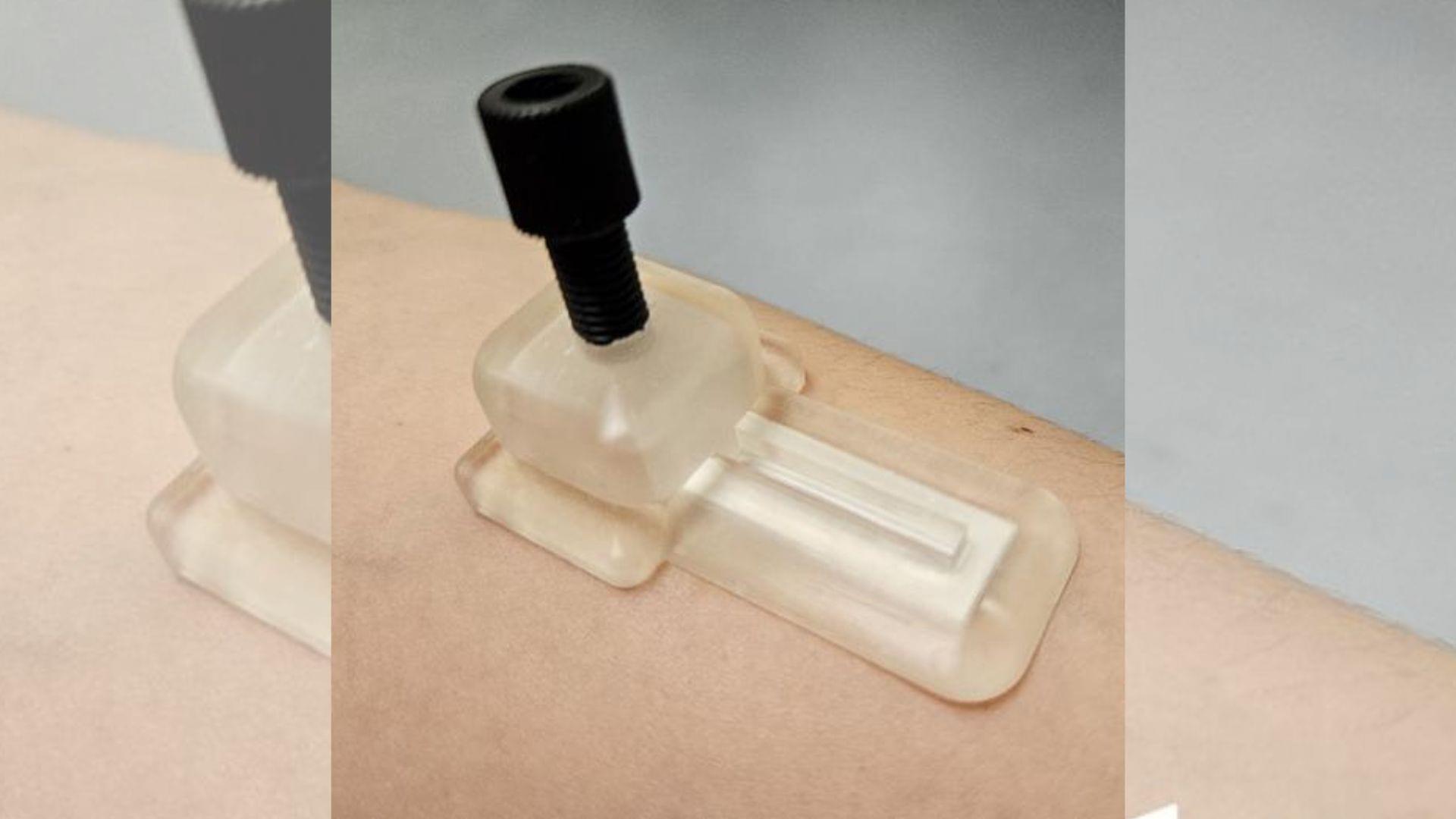

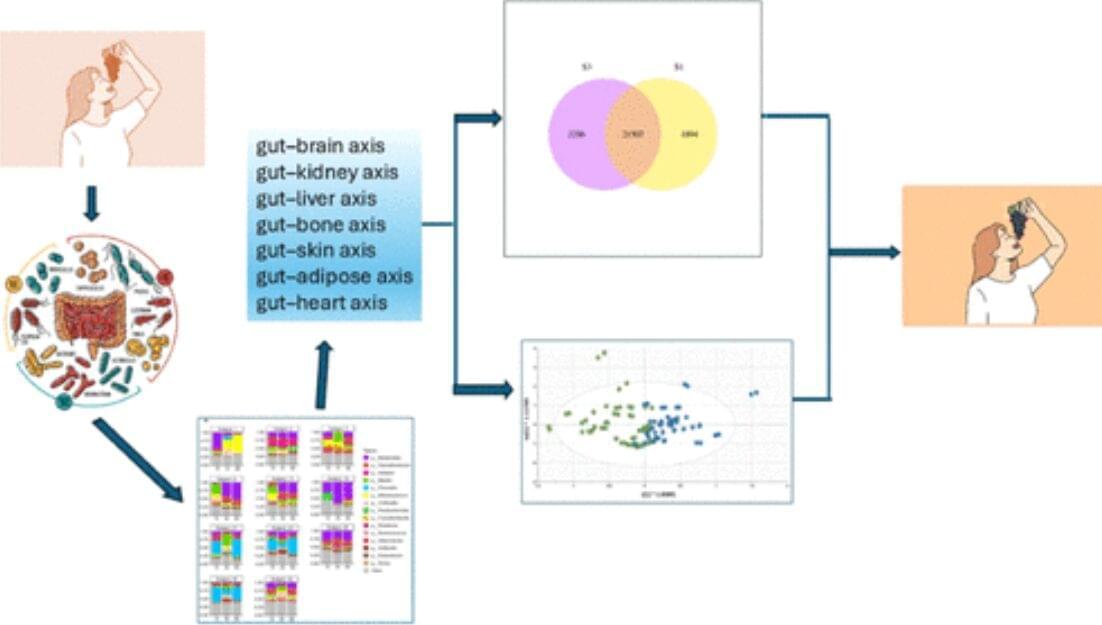
Fresh grapes contain a potent mix of over 1,600 compounds that benefit heart, brain, skin, and gut health. New evidence suggests they deserve official superfood recognition, with benefits even at the genetic level.
A new article appearing in the current issue of the peer-reviewed Journal of Agriculture and Food Chemistry explores the concept of “superfoods” and makes a case that fresh grapes have earned what should be a prominent position in the superfood family. The author, leading resveratrol and cancer researcher John M. Pezzuto, Ph.D., D.Sc., Dean of the College of Pharmacy and Health Sciences at Western New England University, brings forth an array of evidence to support his perspective on this issue.
As noted in the article, the term “superfood” is a common word without an official definition or established criteria. Mainstream superfoods are typically part of the Mediterranean Diet and generally rich in natural plant compounds that are beneficial to a person’s health. Pezzuto addresses the broader topic of superfoods in detail, then makes the scientific case for grapes, noting that fresh grapes are underplayed in this arena and often not included with mention of other similar foods, such as berries.
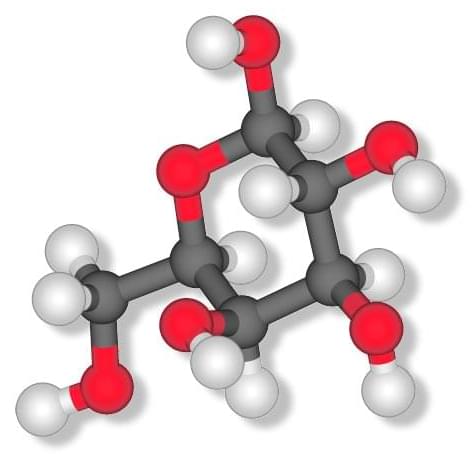


Research on exercise and brain disorders has traditionally focused on its direct regulatory effects on neurons and synapses, neglecting peripheral organ-mediated pathways. To address this gap, this review proposes the novel concept of the “multi-organ-brain axis.” This concept posits that during brain disorders, functional alterations in peripheral organs such as skeletal muscle, heart, liver, adipose tissue, and spleen can disrupt metabolic and immune homeostasis, thereby bidirectionally modulating brain function via signaling molecules and metabolites.
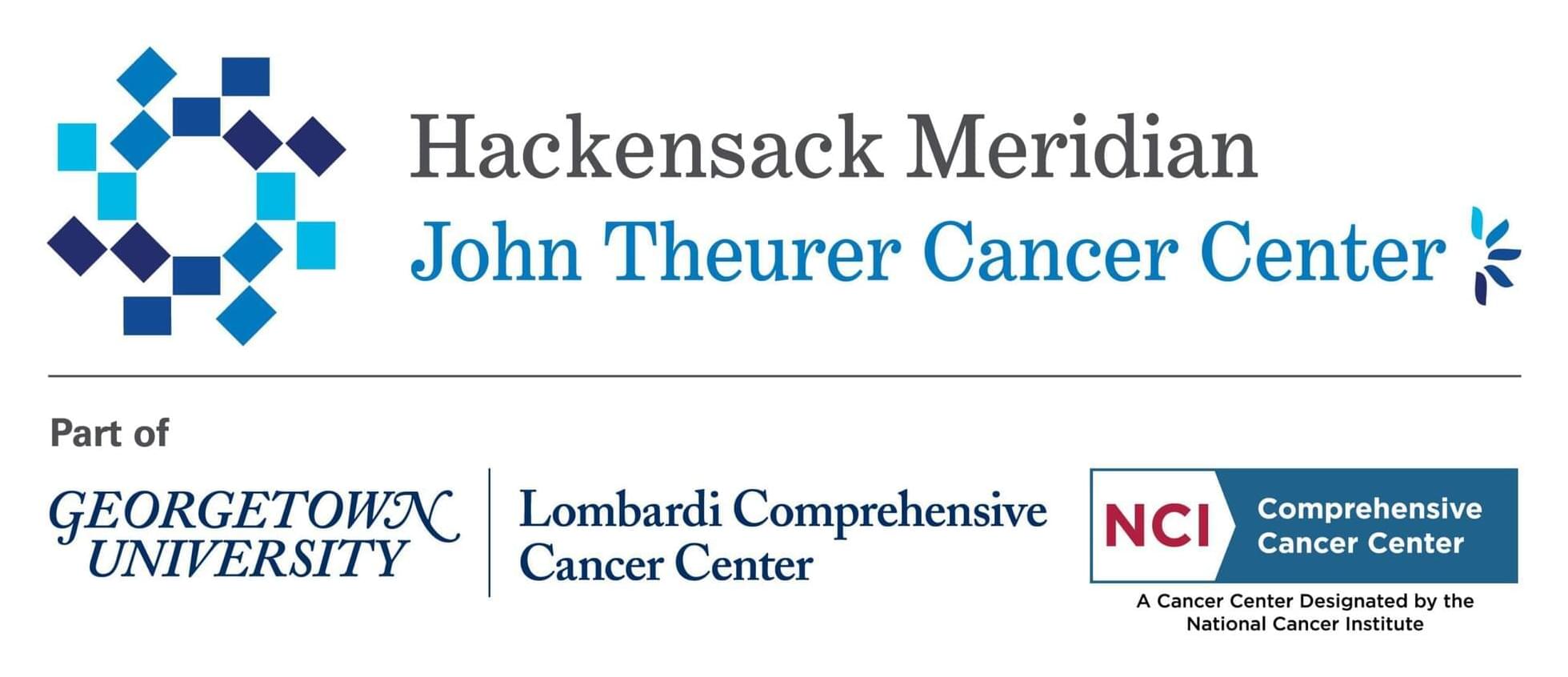
Georgetown Lombardi, Washington’s only National Cancer Institute-designated Comprehensive Cancer Center, serves as the research engine for MedStar Health, Georgetown University’s clinical partner. Georgetown Lombardi is also an NCI-recognized research consortium with John Theurer Cancer Center of Hackensack Meridian Health in Bergen County, New Jersey.
They have a blog with alot of useful cancer information you can share. There is info about them circulating about cancer vaccines and clinical trials. Check em out:
(You can repost their posts or contact them to recieve information from them directly. Lombardi Comprehensive Cancer Center 3,800 Reservoir Rd. NW Washington D.C. 20,057 Phone: 202−444−2223)
